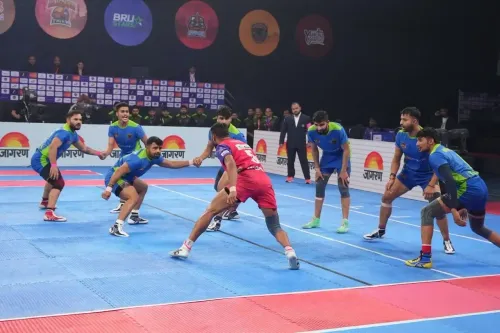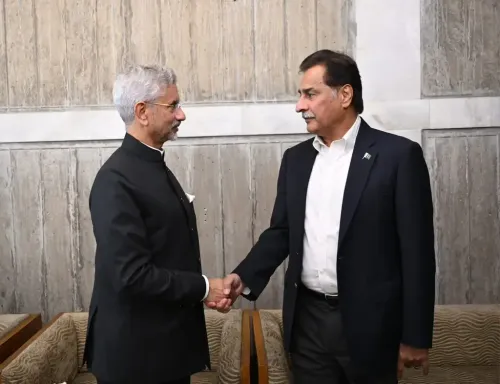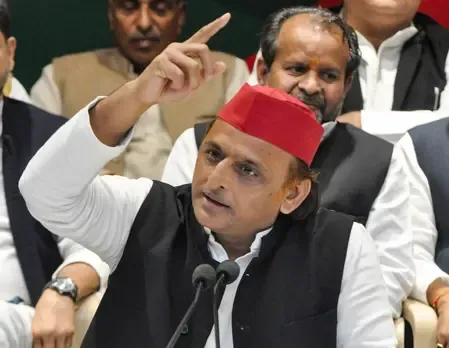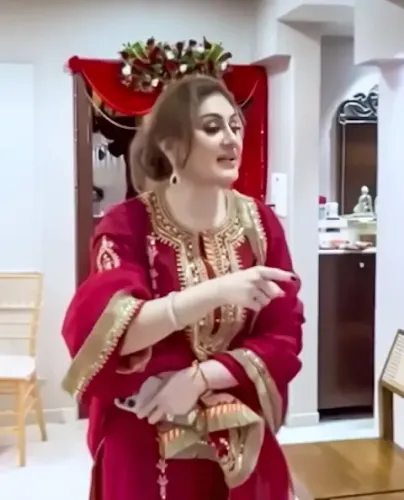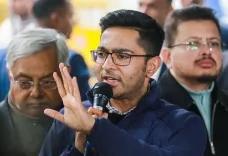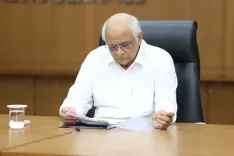How is Bihar's special incentive scheme transforming the lives of Divyangs?
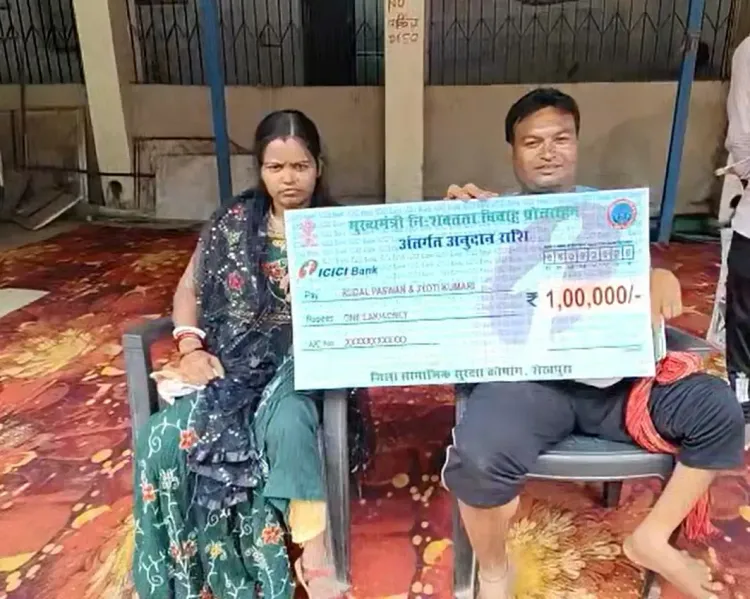
Synopsis
Key Takeaways
- Bihar's initiative supports divyangs in marriage and business.
- Financial grants of up to Rs 1 lakh empower self-sustainability.
- Eligibility requires a disability of 40% or more.
- Residents of Bihar can benefit from this scheme.
- Transformative impact reported by beneficiaries.
Patna, Sep 6 (NationPress) The 'Mukhyamantri Divyangjan Vivah Protsahan Anudan Yojana', a pioneering initiative by the Bihar government, is making a remarkable impact on the lives of divyangs (specially abled individuals) in Bihar. This program not only aids in the solemnisation of marriages but also equips them with essential resources to establish their own businesses.
Managed by the Bihar Social Welfare Department, this scheme is designed to empower divyangs by offering both social security and financial support for entrepreneurship.
Beneficiaries can receive up to Rs 1 lakh, which may be utilized for livelihood expenses, purchasing household necessities, or enhancing employment opportunities.
Several beneficiaries have shared their transformative experiences with IANS. Rudal Paswan mentioned that with this incentive, both he and his spouse can run a business together. He expressed, “Previously, we struggled to make ends meet with our small shop. But now, with this funding, we plan to open a better shop and boost our income.”
He emphasized the immense fortune this financial aid brings to the underprivileged, expressing gratitude towards the Bihar Chief Minister.
Another beneficiary praised the Nitish Kumar administration for initiating a dedicated program for the divyang community.
To qualify for the scheme, applicants must be divyang with a disability of 40% or more and must apply within one year of marriage. This financial assistance enables beneficiaries to gather necessary resources for their livelihoods.
Applicants need to be residents of Bihar, with at least one partner having a disability. The minimum marriage age is 18 years for brides and 21 years for grooms, and both partners should come from economically disadvantaged backgrounds.
This initiative is also active in several other states, including Madhya Pradesh.


